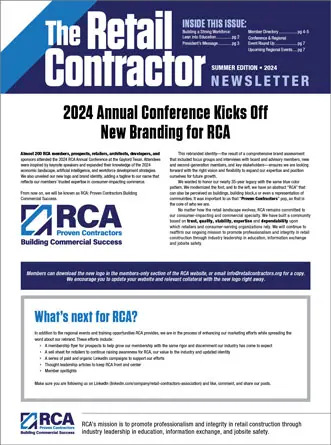Private money lending, also known as private lending or hard money lending, is a type of financing in which individuals or private companies provide loans to borrowers in exchange for interest and other fees. Unlike traditional lending institutions such as banks and credit unions, private money lenders do not rely on a borrower’s creditworthiness as the primary factor for approving a loan. Instead, private lenders focus on the underlying asset, such as real estate or other types of collateral, to secure the loan. Private money lending is typically used in situations where borrowers are unable to obtain financing through traditional sources, either due to poor credit, time-sensitive investments, or other factors. Common examples of private lending include real estate investors seeking to purchase properties for fix and flip or rental purposes, as well as small business owners in need of working capital. Private money loans are typically short-term, with repayment terms ranging from several months to a few years. Interest rates on these loans are often higher than traditional loans, reflecting the increased risk taken on by the private lender. However, private lending can provide a quick and flexible source of financing for borrowers who may not have other options available to them.
Private money lending companies are an important source of funds for borrowers looking to secure financing for a variety of needs, such as real estate investments, small business endeavors, or personal investments. However, before they agree to lend money to potential borrowers, these companies must assess the risk associated with them and evaluate their overall creditworthiness. In this article, we’ll explore how private money lending companies evaluate potential borrowers before entering into a loan agreement.
When it comes to private money lending companies assessing potential borrowers, there are a few key areas they focus on: financial history, credit score, assets and income verification.
Financial History: Private lenders will assess the borrower’s financial and credit history in order to understand their borrowing habits. This includes examining previous loan applications and repayment records; any late payments or defaults on existing debt; any tax liens or bankruptcies; and other potential red flags that could indicate that the borrower is high-risk or unreliable. Credit Score: Private lenders also review a borrower’s credit score in order to determine his/her creditworthiness. A higher score typically indicates a responsible borrower who is reliable when it comes to making payments on time; however, some private lenders may also consider lower scores if the underlying financial circumstances justify taking on more risk. Assets and Income Verification: Private lenders will also require verification of both assets and income in order to ensure that the borrower can actually afford the loan he/she is applying for. Asset verification involves verifying that any property used as collateral (such as real estate) has sufficient equity in it so that it can be used as leverage against the loan amount. For income verification, lenders will typically require pay stubs or other forms of documentation (such as bank statements) that show proof of steady income over time so they can be sure the borrower can actually afford the loan payments.
In addition to assessing potential borrowers based on these criteria, some private money lending companies also look at other factors such as personal relationships with an applicant’s family members or its existing client base when making decisions about whether or not to extend financing.
At https;//www.bridgewellcapital.com/columbus-ga/ one of America’s leading private money lending companies – all prospective borrowers are assessed according to strict criteria outlined by our team of experienced finance professionals who specialize in evaluating risk factors associated with each individual application – ensuring we make sound decisions when extending loans to deserving applicants who fit our stringent requirements . The bottom line? We want all our customers – whether they are individuals seeking residential mortgage financing or business owners trying to access capital for growth –to succeed financially by providing them with access to competitively priced funding solutions tailored specifically for their unique situation.






 The 2024 virtual Men’s Round Table will be held Q4, 2024, date TBD.
The 2024 virtual Men’s Round Table will be held Q4, 2024, date TBD.












